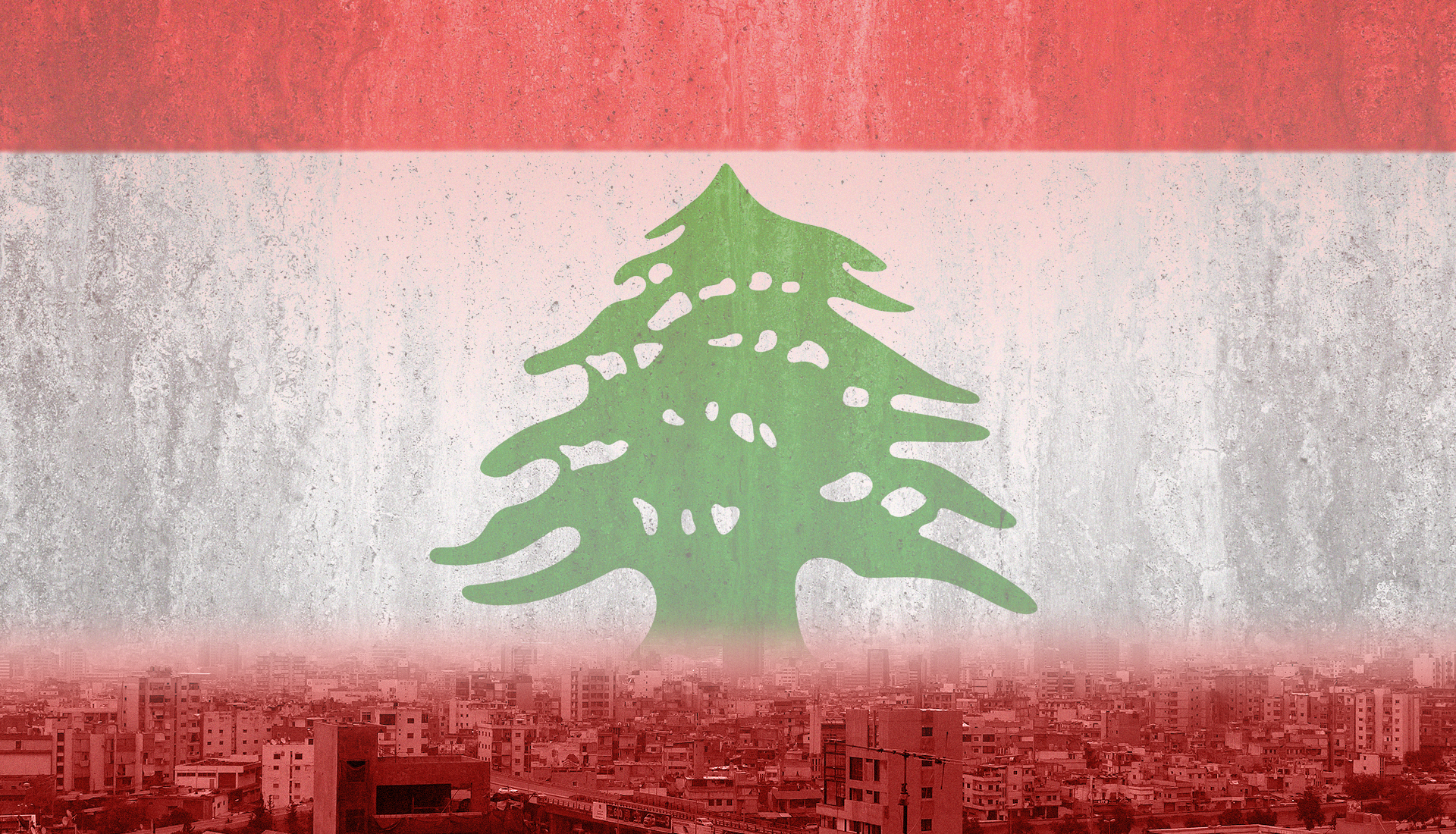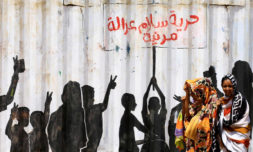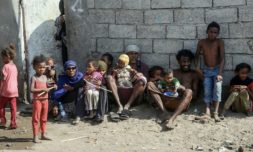‘We are heading for the future collapse of everything’ – financial analyst Henri Chaoul.
Lebanon’s economy has shut down. Its population, which includes a large minority of Syrian refugees, is rioting in the streets, and looting diapers and cereal. Its political elites are systematically shutting down negotiations for aid packages with the IMF, unwilling to consider the reforms attached to them. What was once considered a bastion of stability in an unstable region is now prepped to become the world’s latest failed state.
‘Lebanon is no longer on the brink of collapse. The economy of Lebanon has collapsed,’ said Fawaz Gerges, professor of international relations at the London School of Economics, to The Washington Post. ‘The Lebanese model established since the end of the civil war in 1990 has failed. It was a house of glass, and it has shattered beyond any hope of return.’
A brutal combination of economic hardship – not caused by the pandemic but also not helped by it – and old, deep-rooted sectarian conflict has ignited into a deeply troubling situation. The Lebanese pound has lost over 80% of its value since October, and over 60% in the past month. Prices for essential goods are soaring, elevating inflation to 2019 Venezuela levels, with Lebanon likely to follow the South American country further into implosion in the coming months.

The current crisis is the result of decades of economic mismanagement. Like so many Middle Eastern states, long divided along arbitrary lines drawn by the West, Lebanon is more a collection of tribes than a unified nation, leading to a fractious distribution of power. A group of minority elites rule the banks and the military, funnelling wealth into their own pockets and sewing corruption into the flimsy halls of a government whose jurisdiction doesn’t really extend past the capital city of Damascus.
It’s these same elites that have curtailed talks with the International Monetary Fund (IMF), designed to bail out HIPC, or ‘heavily indebted poor countries’. A proposed $10 billion USD loan won’t be issued unless Lebanese politicians agree to a set of socioeconomic reforms that would distribute GDP more evenly. Of course, elites aren’t keen on this arrangement, or the level of international scrutiny it would bring, and are bribing politicians to stall the deal.
This is bad news for the vast majority of Lebanese citizens who are slipping rapidly into poverty. Bread, a staple of the Lebanese diet, is running low as the government cannot fund imports of wheat. Essential medicines aren’t being restocked. Medical procedures can’t be carried out as the national health service cannot provide equipment, and hospitals are laying off staff at an alarming rate.
In a viral Twitter video, a man in a balaclava wielding a pistol is shown robbing a pharmacy for its diapers. Clearly, the situation is dire.
https://twitter.com/joeyayoub/status/1278620486528913409




















